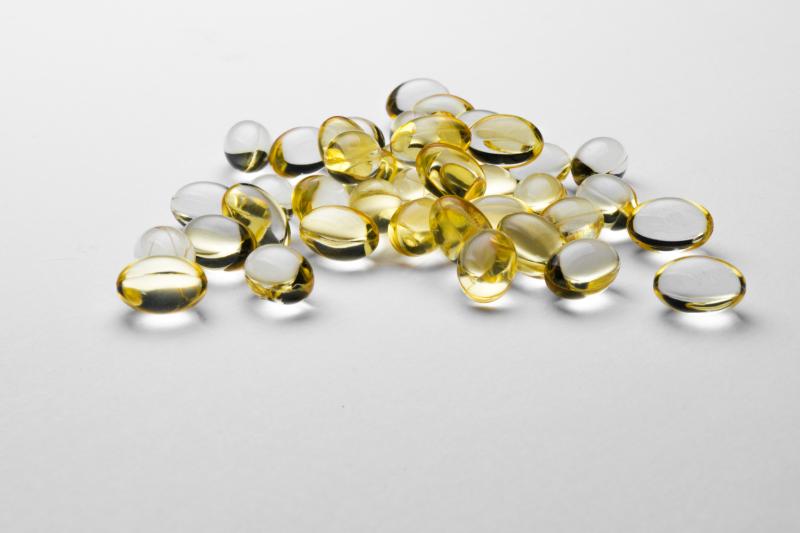
Vitamin D, which is known to protect against acute respiratory infections, is associated with a reduced risk of infection with SARS-CoV-2, the virus that causes the coronavirus disease 2019 (COVID-19), suggests a recent study, which has yet to be peer-reviewed.
“[W]e found significant relationships between vitamin D levels and the number of COVID-19 cases and especially the mortality caused by this infection,” the authors said, noting that individuals with the most deficit in vitamin D were also the most vulnerable for COVID-19.
The mean levels of vitamin D for 20 European countries were identified along with data regarding the morbidity and mortality caused by COVID-19 in these areas.
A robust association was found between the mean vitamin D levels (average, 56.79 nmol/L; standard deviation [SD], 10.61) and the number of cases of COVID-19/1M population (average, 259.95; SD, 298.732; t, –3.03947; p=0.004274). The mean vitamin D levels also significantly correlated with the number of deaths caused by COVID-19/1M (average, 5.963936; SD, 15.13207; t, 12.29871; p<0.00001).
The ageing population had severely low levels of vitamin D, particularly in Spain (mean, 26 nmol/L), Italy (mean, 28 nmol/L) and Switzerland (23 nmol/L), the same countries with high number of COVID-19 cases in Europe. This group of elderly individuals was also the most at risk for COVID-19.
“We believe that we can advise vitamin D supplementation to protect against COVID–19 infection,” the authors said.
An earlier study found that vitamin D supplementation was safe and protective against acute respiratory tract infections, with patients who were severely vitamin D deficient experiencing the most benefit. [BMJ 2017;356:i6583]